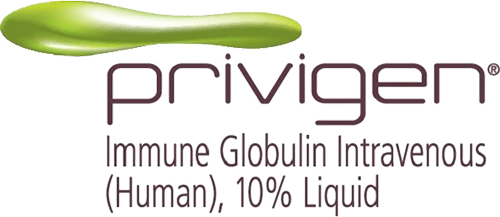
Common Variable Immunodeficiency
Understanding Common Variable Immunodeficiency (CVID)
Common Variable Immunodeficiency (CVID) is a primary immunodeficiency disorder characterized by low levels of immunoglobulins (antibodies), which makes it difficult for the immune system to effectively fight infections. As a result, individuals with CVID often experience recurrent infections, an increased likelihood of autoimmune diseases, and a higher risk of certain cancers. Although the exact cause remains unclear, genetic mutations affecting B-cell function are thought to play a significant role.
Common Signs and Symptoms of CVID:
- Recurrent Infections: Frequent episodes of respiratory infections such as pneumonia, bronchitis, sinusitis, and ear infections.
- Chronic Lung Issues: Persistent cough and potential complications like bronchiectasis due to repeated infections.
- Gastrointestinal Disturbances: Ongoing diarrhea, abdominal pain, or malabsorption issues.
- Autoimmune Manifestations: Conditions such as arthritis, autoimmune hemolytic anemia, or immune thrombocytopenia may occur.
- Lymph Node and Spleen Enlargement: Noticeable swelling in lymph nodes or the spleen.
- Persistent Fatigue: Continuous tiredness and low energy that impacts daily activities.
This information is provided as a resource and is not intended to diagnose a condition or prescribe treatment. Please discuss any symptoms you may experience with your physician.
Treatments prescribed by:
Referral Forms
Click on the link below to see all referral forms or select an associated treatment below in Associated Treatments to view detail and download the relative treatment referral form.
All Referral FormsAssociated Treatments
Click on a treatment below to view detail.








